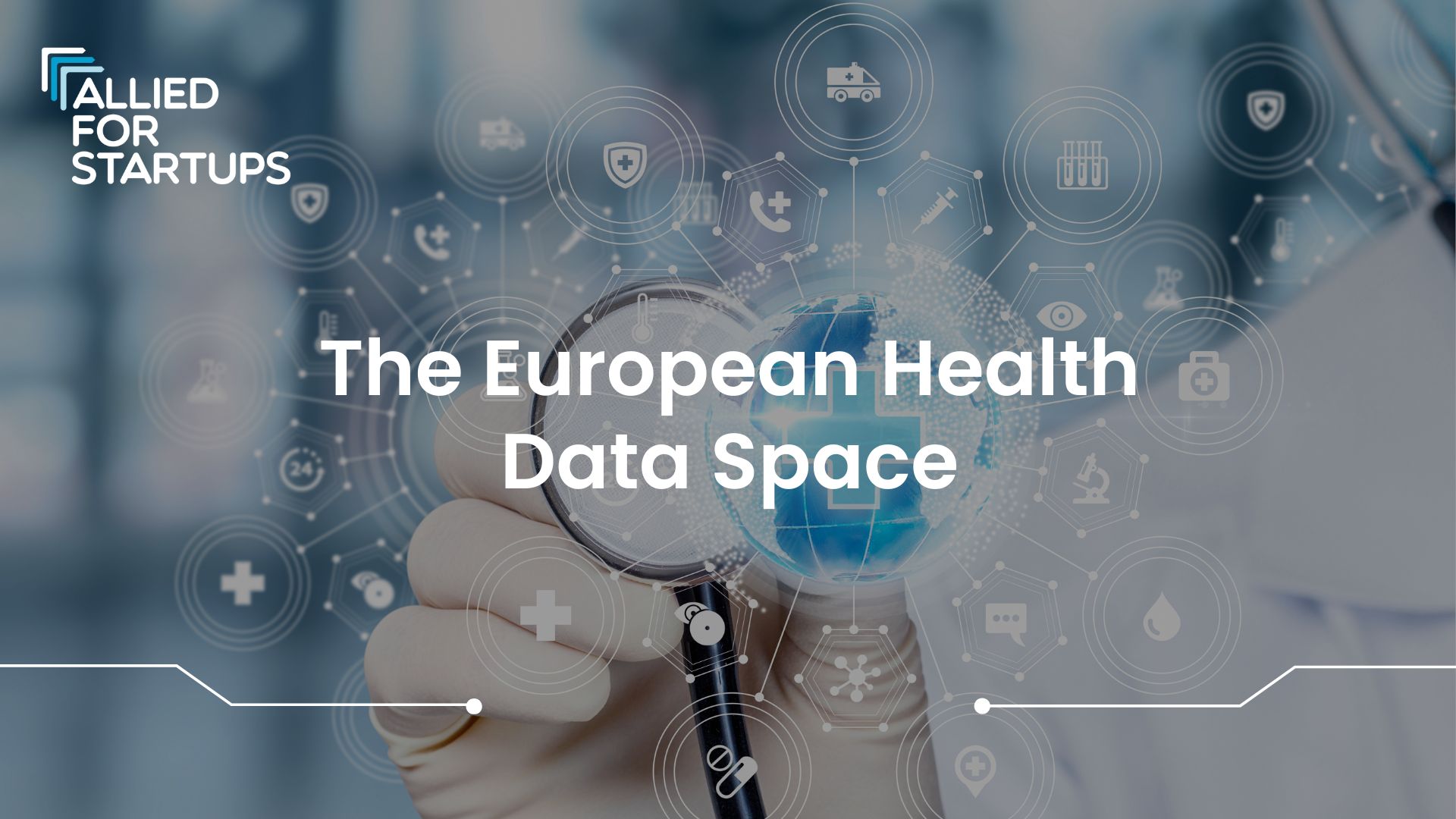Just over one year ago, the European Commission proposed the first EU-wide framework for data sharing: the European Health Data Space (EHDS). With stark ambitions to unleash the potential of health data for stakeholders across the care continuum, the EHDS promises to lay the ground-rules for harmonisation and accessing cross-border health data.
European co-legislators have both started working on the file: the EHDS is being respectively discussed in the European Parliament’s environment (ENVI) and civil liberties (LIBE) committees as well as in the Council of the EU’s Employment, Social Policy, Health and Consumer Affairs Council configuration. European parliamentarians as well as Member States’ officials are now both internally trying to figure out how to best shape the EHDS to empower EU citizens with better control over their health data and set up the right framework for data reuse – while simultaneously ensuring the protection of this highly sensitive data.
As discussions pick back up after the summer holidays, we take a look at where we’re at on the EHDS.
Secondary Use of Health Data
While consensus exists regarding the primary use of patient health data, the secondary use of data has sparked considerable debate within the two co-leading parliamentary committees, ENVI and LIBE. According to ENVI Rapporteur MEP Tomislav Sokol, “It’s much more complicated because it is not healthcare professionals using the data. It’s the universities, policymakers, of course, the industry” Sokol explained, it will be key to “strike a balance between the necessity to have representative data sets that can actually be useful on one side, and also protecting data and privacy of patients.”
Co-rapporteurs suggested introducing an opt-out provision, providing patients with the choice to withdraw their health data should they not want their information to be used for secondary purposes. On the other hand, more conservative policymakers suggested an opt-in – which would require citizens to provide active consent for their health data to be used. Discussions revolving around whether this could provide enough representative data – particularly for patients with rare disease – and fulfil the aims of the EHDS continue to surface.
The European Commission’s original proposal omits any form of an opt-out or opt-in procedure, and instead proposes for anonymised and pseudonymised health data to be accessed by third parties (under specific rules and conditions) to support research, innovation, and public health policymaking without the citizens’ consent. Sandra Gallina, Director-General of the Commission’s DG SANTE stated, “The most important thing to bear in mind is that we need to have a sufficiently high level of ambition for secondary use,” she said, “we would not have opt-outs if it were for us,” expressing the complexity and cost this would require from Member States.
Interinstitutional Agreements
MEP Sokol has voiced hope that the European Parliament could finalise its work on the EHDS by October 2023, after several delays in a committee and plenary vote. José Miñones, Spanish Health Minister, expressed his expectation for the Council of the EU to agree on its position by the end of the year.
As the file progresses to trilogues, MEP Sokol raised two concerns: greater funding from the EU budget to Member States and a realistic implementation timeline. The Commission aims to launch the EHDS space in 2025, while the Council is leaning towards a 10 year benchmark. According to MEP Sokol, the European Parliament could settle for a middle ground. As with every regulatory proposal, more compromises on the EHDS proposal are to be expected.
At Allied for Startups, building an EHDS fit-for-purpose rests on designing this regulation with the smallest players in mind. To ensure the file fulfils its promise to startups, we ask for legal certainty, maximising the pool of secondary health data, and including startups and their representatives in the EHDS Board. Startup communities look forward to engaging with the EU institutions in the upcoming legislative process of the EHDS.

